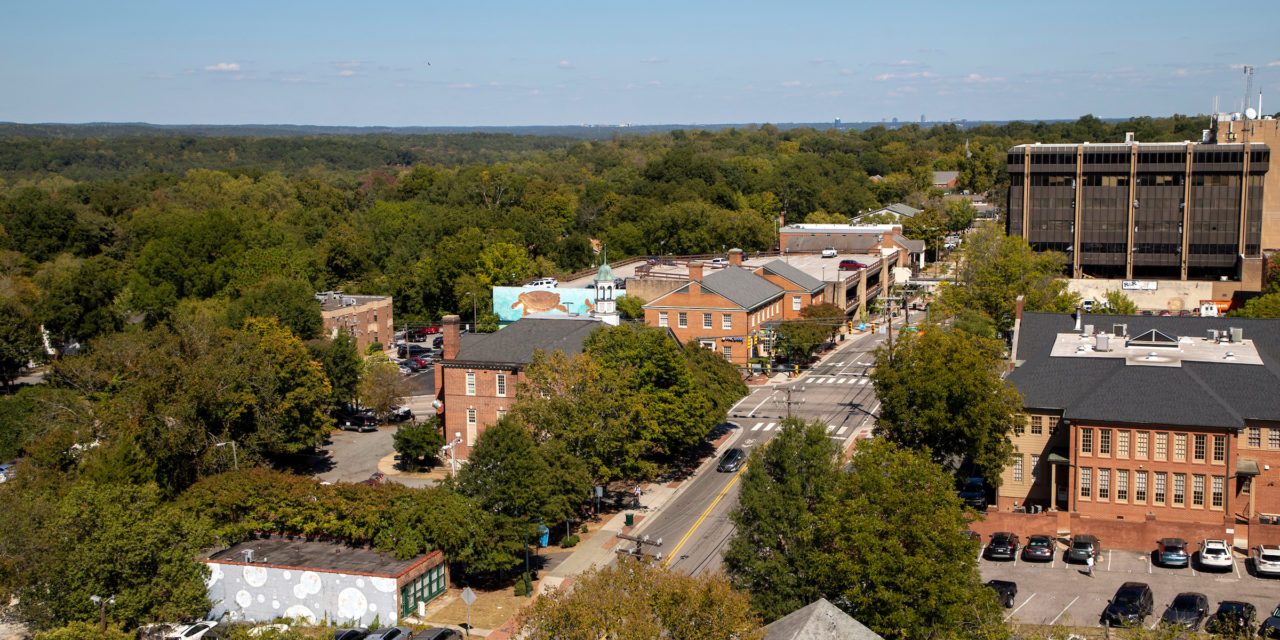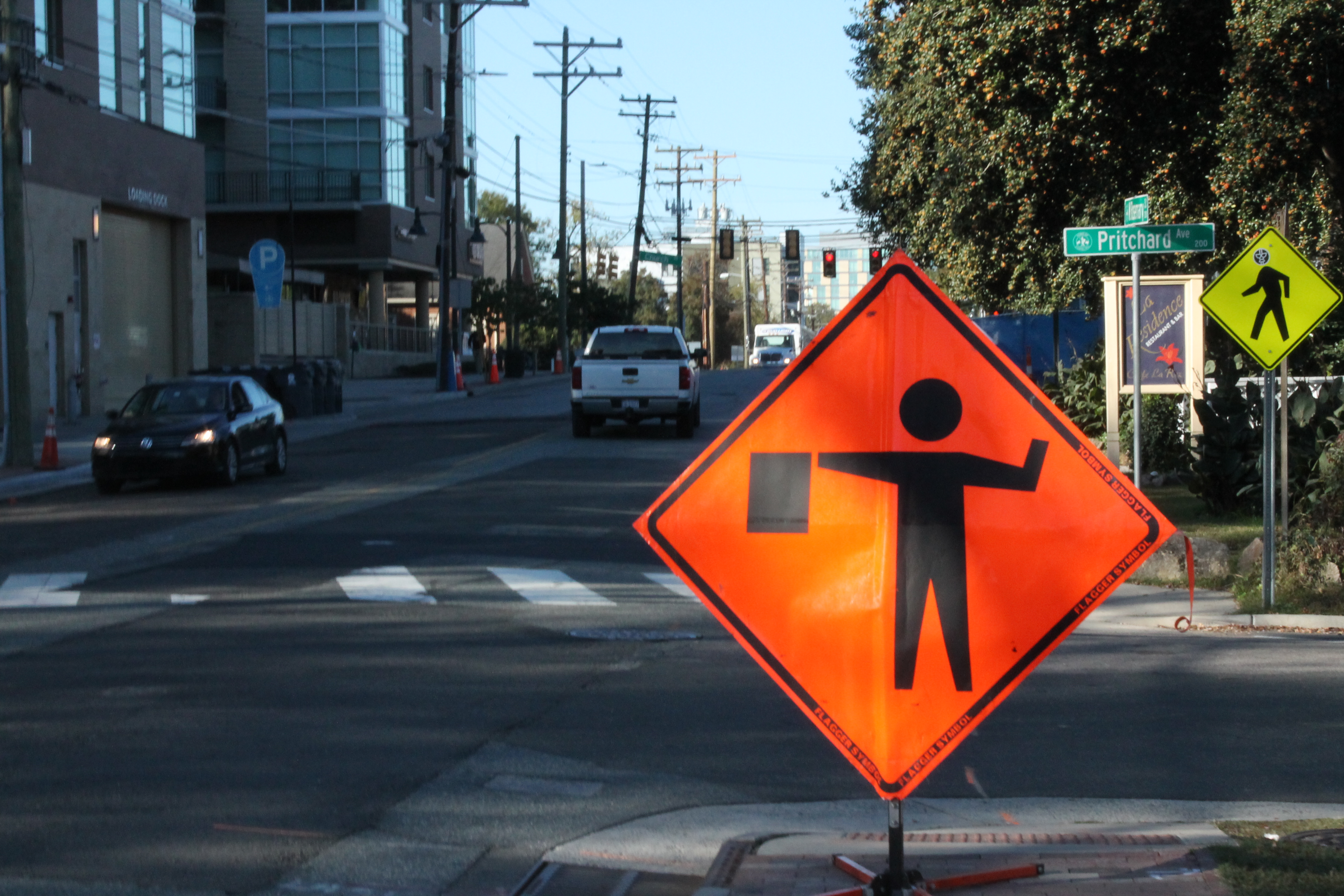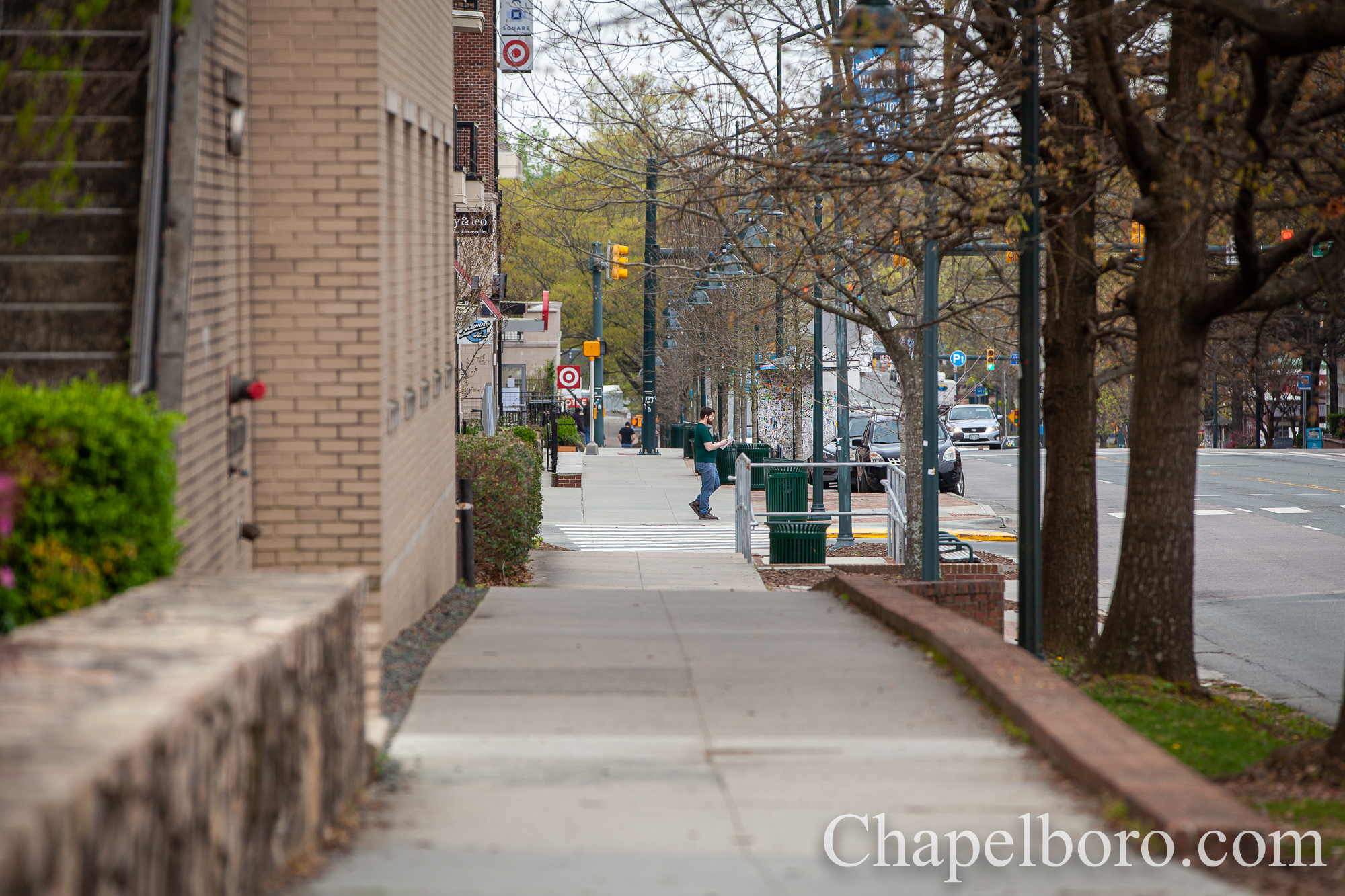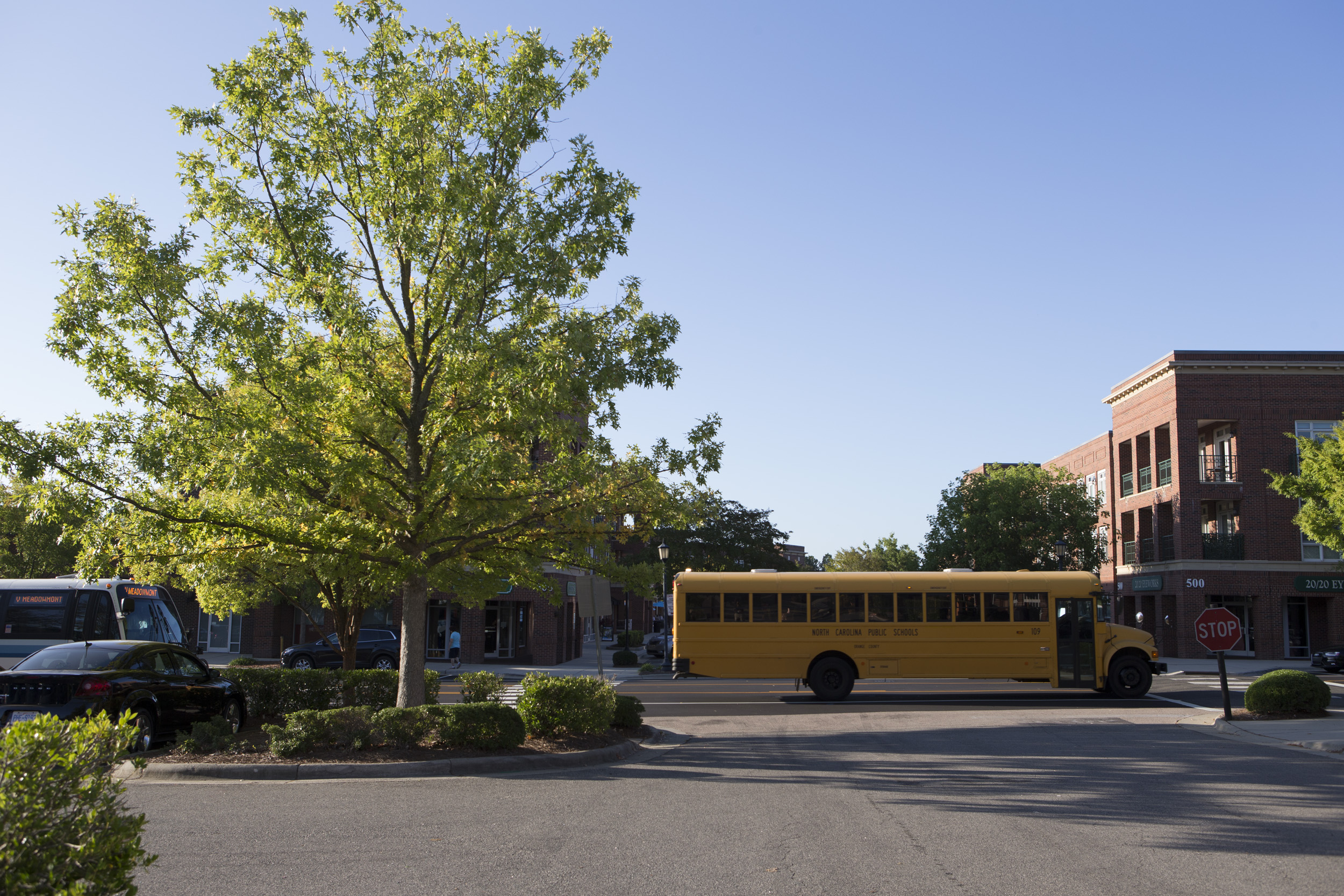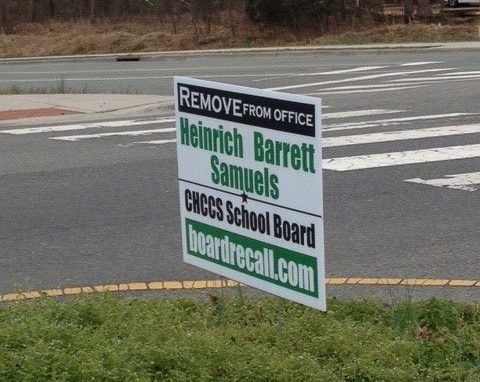
10 Questions About a Downtown Parking Deck
A perspective from Jason Baker & Molly De Marco
For some, the coronavirus pandemic has been a cause to rethink our priorities. The past few months has been a time to reflect on the fragility of our local economies, the value of our local parks and greenways, and the awareness that we need to build a sustainable world.
But rather than rethinking our priorities, the town appears to instead be moving full speed ahead with a risky and unnecessary parking deck.
This past March, the Chapel Hill Town Council initiated the drafting of an economic development agreement with Grubb Properties, the owner of Glen Lennox, that would result in the most significant change to downtown Chapel Hill since the Franklin Square redevelopment. As proposed, this large, complex, and costly project will transform several properties on East Rosemary Street. Two existing parking decks will be torn down, and the town will borrow at least $30 million to build a new seven-story deck that will hold almost twice as many cars as the current decks.
The town is rushing this project through. The town expects to sign an agreement with Grubb next month, which could commit the town to build, and pay for, a parking deck before they know what it will look like, or how much it will cost. Before the town goes forward with this deal, we have some questions about this project.
- Do we really need a new parking deck?
Many people complain about parking in Chapel Hill, mostly because the town does a poor job of pricing and advertising existing lots. But a 2018 study, commissioned by the town, found that “overall parking is considered adequate,” even downtown, where there are 66 more spots than necessary at peak hours. Chapel Hill’s parking problems can be solved by a better strategy, which is much cheaper than $30 million.
- If a developer wants new or additional parking, why should the town pay for it?
For some, being able to park next to their office is a luxury they’re willing to pay for. In fact, one of the properties Grubb purchased in 2019 is a parking deck, located at 125 E. Rosemary, with 276 spaces. If a developer wants to tear down this deck and develop an office space with its own underground parking, they can build it themselves.
- Why doesn’t the town just repair the Wallace Deck?
The Wallace Deck, which the town now wants to tear down, was built in 1991. Last year, the Council considered repairing the deck and adding an additional 100 spaces, which would cost $2.4 million, less than a tenth the cost of the new proposal.
- Do we need to decide now?
The town argues that we need to act now so the developer can take advantage of a tax loophole created by the Trump administration. In 2019, Chapel Hill declared the census track south of Franklin and east of Columbia as an “opportunity zone,” which, from the federal government’s perspective, appears to be poverty stricken due to the high number of low-income college students. If the town approves this project, outside investors stand to make millions of dollars while local taxpayers assume all the risks.
- Is this really good for the local economy?
The town argues that development of the new parking deck is an economic development opportunity that we can’t pass up. But the proposed economic development agreement doesn’t require Grubb to commit to create jobs, build office space, or even increase local tax revenue.
The agreement does require Grubb to lease 250 parking spaces, but that isn’t sufficient revenue to justify the project, or even ensure that the town will make money.
In addition, the new parking deck will be built on some of the most valuable real estate in North Carolina. Instead of spending $30 million to build a deck, the town could sell the land and reap the tax benefits. If a developer decides that what the town needs most is a parking deck, they’ll surely build one.
- What if the office building supporting this property never gets built?
Anyone who follows Chapel Hill development knows that many projects don’t work out, often because the developer or the town has unrealistic expectations. In this case, Chapel Hill is committing to tearing down an existing parking deck, and building a new one. In return, the developer is only committing to getting a building approved by the town, not built. It’s easy to imagine a scenario in which the town has to choose between greenlighting a building that they don’t like, or living with a hole in the ground for years while Grubb, or someone else, tries to build something in that space.
- What if the town’s revenue projections are wrong?
When town governments want something done, they often find someone to predict best case scenarios. In both scenarios that were recently presented before the town council, the parking deck will pay for itself in about a decade, assuming that demand will swell far beyond current levels.
This runs again experience, both locally and nationally. Over the past few decades, the town has spent millions of dollars on parking decks, only to find that they are underutilized and do not meet revenue expectations. In fact, the town still owes $1.4 million on the Wallace deck, which it is now proposing to tear down.
Many analysts predict that car ownership will decline in the future, as people turn to ride sharing, autonomous vehicles, public transportation, bicycling, and other means to get from place to place. Already, many young people wait to get a driver’s license, or prefer to live where they can walk, bike, or take a bus to work and school. The town is making the assumption that people will continue to drive into downtown Chapel Hill for the foreseeable future. They are also still operating under a pre-pandemic understanding of the university’s population and impact on the downtown economy. If they’re wrong, all of us will pay the cost.
- How can we better utilize the parking we have?
Even if you’re skeptical that parking demand will go down in the near future, Chapel Hill already has more than enough parking for local businesses and customers, especially during the pandemic. In fact, a recent parking study found a quarter of the hourly spaces in the Wallace and Rosemary decks were vacant at any given time.
While the town has tackled the parking problem in the past, they’ve failed to take advantage of the latest ideas to ensure that the town’s parking policy works for drives and non-drives alike. For example, the town could use demand sensitive pricing to ensure that there’s always a space available on every block. On busy weekends, parking should cost more to ensure people can get a space, while it should be less expensive when the university isn’t in session.
- What will this project mean for the environment?
Chapel Hill leaders, like leaders of other liberal communities, claim to be environmentalists. In fact, the town is currently developing a climate action plan, which includes discussions of what the town can do to reduce its impact on the environment.
But this project harms the environment. First, the town is proposing to tear down a massive concrete structure, which will most likely go to a landfill. If the town was tearing down the deck for apartment buildings that would allow more people to live in town without owning a car, that could be a net benefit.
Instead, the town is committing itself to subsidize driving. Town projections anticipate that the cost of parking will go up less than 10 percent from when it opens in 2022 to 2031, far below inflation. In fact, they’re not even planning to charge market rate. The town’s proposal suggests that they’ll lease space in the new garage for $125 a month, while UNC currently charges up to $196 monthly for access to its garages. The result is that the town will subsidize drivers, who tend to have higher incomes than people who don’t own a car, while failing to fund more sustainable modes of getting downtown.
- How will this impact other town initiatives?
Even if the parking deck made economic sense, it still threatens the town’s other priorities. For example, last year the town received a “medium” ranking in its application for federal funding to build a Bus Rapid Transit line that would provide frequent, fast bus service to people living in North and South Chapel Hill. The town received the lowest score on its land use policies. How can the town expect to get $100 million from the federal government to build bus rapid transit when it commits to spending $28 million of its own money on a parking garage next to one of the busiest stops?
If the town is in the mood to borrow millions of dollars, we can think of many better projects it could pursue. The town could spend money on improving transportation in Chapel Hill by purchasing hybrid and electric buses, adding sidewalks, or creating a network of protected bike lanes that make it safe for everyone to get around town. Failing that, it could create a fund to help small businesses recover from the shutdown, or improve parks and greenways, or build more affordable housing. While it might be easier to get money for a parking deck than these other initiatives, it doesn’t mean that it’s a good idea.
There are many communities like Chapel Hill that have wasted millions of dollars on parking garages, while neglecting public parks, sidewalks, bike lanes, bus stops, and other amenities that make communities more attractive. We can’t think of a city that we admired because it had free and plentiful parking, or of a parking deck that made our hearts sing. To make Chapel Hill’s downtown a better place, we need to focus on making the place better, not its parking.

“Viewpoints” is a place on Chapelboro where local people are encouraged to share their unique perspectives on issues affecting our community. If you’d like to contribute a column on an issue you’re concerned about, interesting happenings around town, reflections on local life — or anything else — send a submission to viewpoints@wchl.com
Chapelboro.com does not charge subscription fees. You can support local journalism and our mission to serve the community. Contribute today – every single dollar matters.

